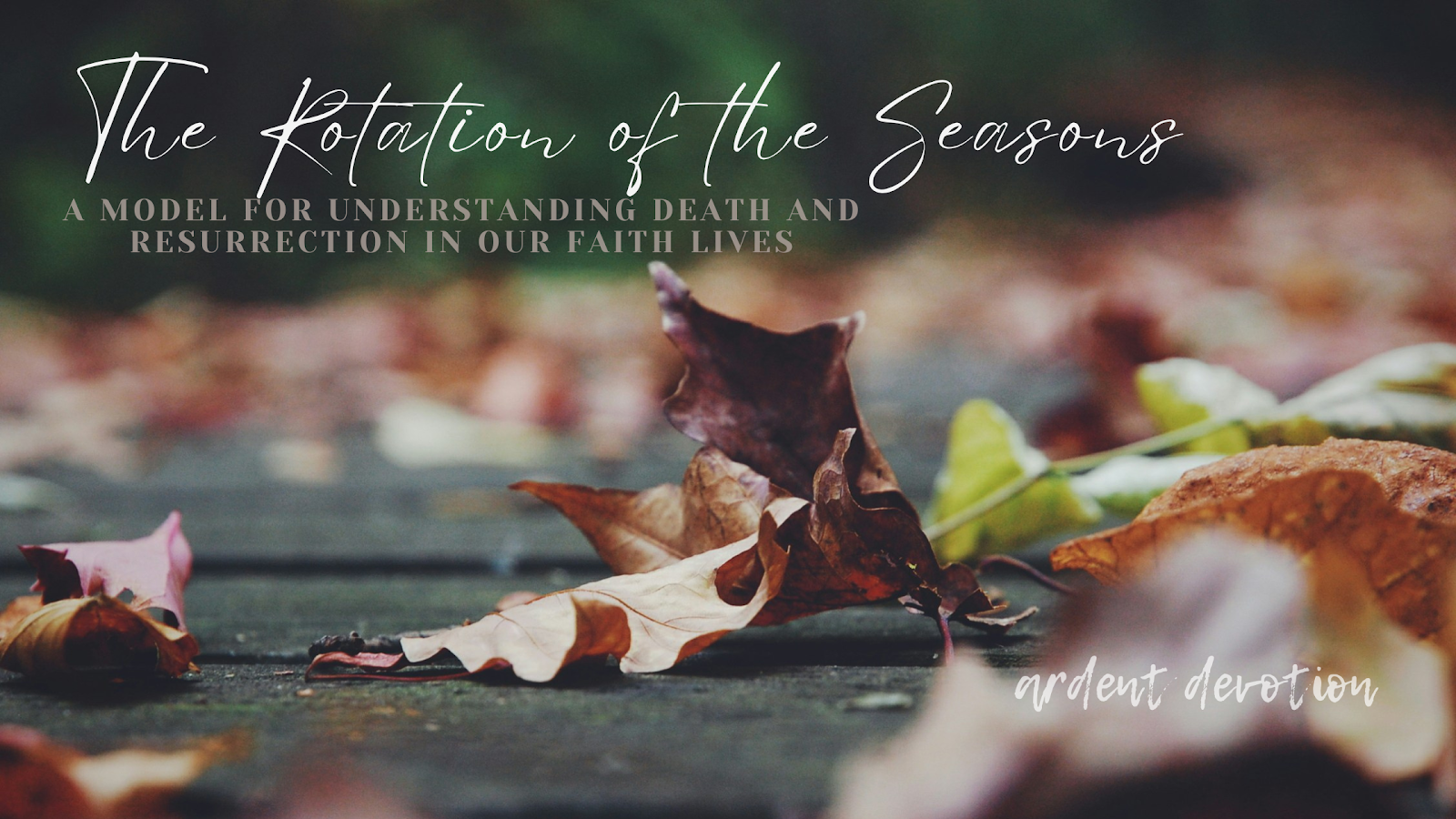To the Depths
Picture
a diver, stripping off garment after garment, making himself naked, then
flashing for a moment in the air, and then down through the green, and warm,
and sunlit water into the pitch black, cold, freezing water, down into the mud
and slime, then up again, his lungs almost bursting, back again to the green
and warm and sunlit water, and then at last out into the sunshine, holding in
his hand the dripping thing he went down to get.
C.S. Lewis, The Grand Miracle
When I was about fifteen, I went through a
phase of serious aversion to the line in the Apostle’s Creed “He descended into
Hell”.
I was pretty sure it must have been a typo.
I’d systematically yawn or cough every time we reached “…and was buried…”
just to avoid having to proclaim the words that followed. I couldn’t bring
myself to say what my heart staunchly refused to believe.
I was accustomed to a glorious, majestic
God of the ‘countless choirs of angels sing Your praise’ variety. My God was
goodness and purity, untainted by any stain. He was not a God that went
to Hell.
Taking a brief glance across all major
world religions, this glorious, majestic God (or gods) seems to be the idea we’re
most comfortable with. That kind of god stands in contrast to our filth and
squalor; it shines out as the beacon of goodness, the promised Nirvana when at
last we’ve rid ourselves of sensuality and sin.
Sitting in Mass this morning as the second
reading was proclaimed, I couldn’t help but be repeatedly struck by a singular,
insistent thought: that’s not our God.
[Jesus] emptied himself,
taking the form of a slave,
coming in human likeness
and found human in appearance,
He humbled himself,
becoming obedient to death,
even death on a cross.
Philippians 2:7-8
When people – touched by the fact that
elements of Truth can be found in every religion – ask me why they should embrace
Christianity specifically, this is the reading that immediately comes to mind.
It’s the great scandal of our faith. And
for me it’s the most important point of difference with other religions.
We proclaim a God who emptied Himself of
the glory that was rightly His, to dive to the depths – even of hell – in order to raise
up all that was lost.
We proclaim a God who got His feet dirty -
a God who took on Himself our most disgusting sins (I’m talking
raping-children-and-instigating-genocide kind of sins here) and let us walk
away free.
The analogy of a diver at the start of this
blog post resonates deeply for me. God stripped off layer after layer of His
own dignity until He was naked and lying in the arms of a “lowly servant” –
female, Jewish, and a child herself. And it just kept getting darker and colder. He descended further yet to be naked
and lying as corpse on the ground – already descending from organic matter to
inorganic.
“Rotting flesh” is not usually the language
we use to describe God. But it’s the state of being He freely chose for
Himself.
In my limited understanding of other faith
systems, this kind of God is pretty unique to Christianity. St Paul reminded us
that the crucified, humiliated God whom we preach is “a stumbling block to the Jews and foolishness to the Gentiles” (1
Corinthians 1:23).
The pursuit of virtuous living is a pretty
central element in every faith system. Humility is often included as a requisite
virtue for getting into God’s good books – presumably because our
self-effacement serves as a better contrast for His glory.
But Christianity’s
focal point is the humility of God himself.
Our pursuit of humility isn’t just “I must
decrease so that He can increase”. Look – He’s God. If you don’t praise Him the
rocks are gonna.
No, humility in the Christian tradition
points back to creation itself: “God
created mankind in His image; in the image of God He created them.” (Genesis
1:27) We choose humility because He by His very nature is humble, and we are made in His image.
Love makes itself smaller. Love chose to be
dependent on another. Love will go to the depths of Hell to make sure that the
other is going to be okay.
That is the Love we believe to be our God. Is that the kind of Love we live?
“In
humility, regard others as more important than yourselves.” (Philippians 2:4)
In our Hosannas and Hallelujahs and Easter
joy, in our extravagant liturgies and ornate churches and pomp-and-circumstance
parades – we worship the God of resurrected glory. I’m so glad we do, because He
has been lifted up and exalted
highly. Our knees should bend and our tongues proclaim that Jesus Christ is
Lord, to the glory of God the Father.
But I also think we should remember that the Incarnation came first. His muddy
feet came first. Rotting flesh was the manifestation of Love before the empty
tomb was. The Lord to whom we bend our knees descended into Hell to raise all
things to resurrected glory.
And we’re made in that image.
AMDG







Comments
Post a Comment